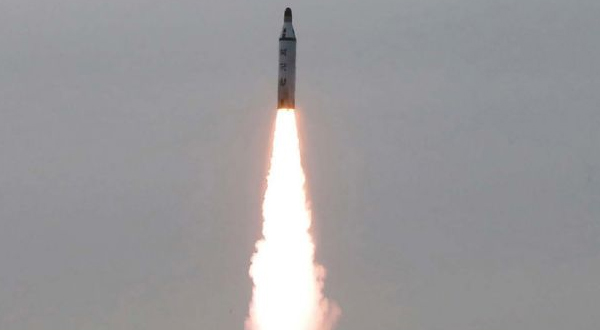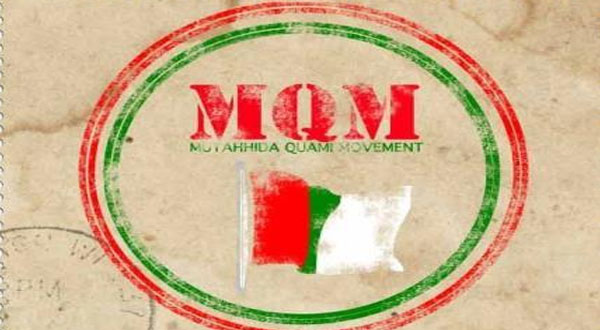SEOUL: North Korea test-fired three ballistic missiles on Tuesday, in further defiance of the international community and in apparent reaction to the planned deployment of a US defence system in the South.
The launches drew swift condemnation from the United States and Japan, who vowed a coordinated response to Pyongyang’s repeated violations of UN sanctions that bar it from weapons tests.
They come as North Korea’s isolation deepens after it said this month it was severing all diplomatic channels with the US.
Two SCUD missiles flew between 500 and 600 kilometres (310-370 miles) into the Sea of Japan, while a third, believed to be Rodong intermediate range ballistic missile, was fired about an hour later.
The trajectory of the Rodong missile was still being analysed, spokesman Jeon Ha-Kyu of Seoul’s Joint Chiefs of Staff (JCS) said.
The SCUD missiles’ range is such that they could strike anywhere within South Korea, the military said, adding that the latest tests were presumed to be linked to the North’s recent threats.
Pyongyang last week said it would take “physical action” after Washington and Seoul announced the deployment of a sophisticated US anti-missile defence system.
The announcement of the Terminal High Altitude Area Defense system, or THAAD, was prompted by a series of missile launches this year that analysts say demonstrate that the North is making progress toward being able to strike the US mainland.
Another military source that the SCUD missiles would likely be Pyongyang’s weapon of choice if it were to target places like Seongju, where the THAAD system will be deployed.
Myanmar’s Suu Kyi honours hero father
YANGON: Myanmar’s Aung San Suu Kyi paid tribute to her independence hero father Tuesday at a memorial attended for the first time by the army chief, a rare show of unity in the former junta-run country.
The 71-year-old, now steering Myanmar’s first civilian government in decades, laid a wreath at the mausoleum dedicated to her father and eight others assassinated in 1947 during their struggle to win independence from Britain.
A heavy security presence surrounded the memorial in Yangon, as huge crowds gathered outside the gates to celebrate the fallen leaders.
“We came here to pay respect to our late martyrs who sacrified for us. We will never forget the 19th of July. We will also support Mother Suu,” Tun Tun, a 21-year-old university student, told AFP outside the memorial.
Suu Kyi’s father, General Aung San, never lived to see the independence he fought for but remains a deeply revered figure and a core factor behind his daughter’s enduring popularity.
Suu Kyi, who was barred from commemorating the anniversary during her years as a political prisoner under the former junta, was joined Tuesday by the country’s still-powerful army chief, Min Aung Hlaing.
It is the first time an army chief has attended the event in years, affirming a new turn in the relationship between the military and the former activist, who was long viewed as their nemesis.





